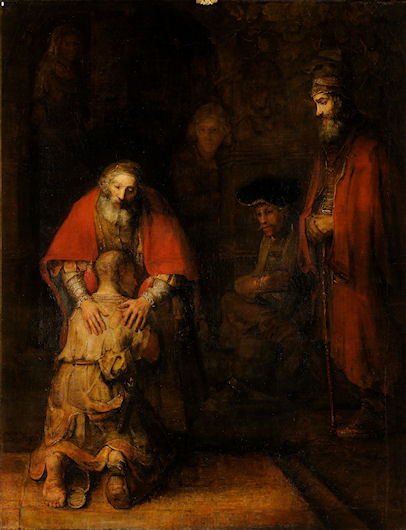
Pastoral Ministry: The Heart of a Father and a Mother
But we were gentle among you, like a nursing mother taking care of her own children. So, being affectionately desirous of you, we were ready to share with you not only the gospel of God but also our own selves, because you had become very dear to us.
1 Thess. 2:7-8
Ministry is about people, if you do not like people, you will not like Christian ministry. The same manner in which Jesus ministered in the gospels is the same manner in which he will minister through you (Col. 1:27).
In turn, Jesus liked people. Therefore, those who minister in Jesus’ name will like people, too. Seminaries cannot teach you about people: only experience can provide insights into people’s peculiarities, choices, attitudes, and issues. On one hand, people will serve, encourage, and love others with an energy and life that is both surprising and delightful. On the other hand, people can act with the most devious and self-serving of intentions. Their behavior defies all the rules of gracious and loving behavior. These same people who are simultaneously bewildering and benevolent attend our churches and work in various parachurch ministries.
Pastoral wisdom recognizes that Christian people are imperfect and that these people are the people that God uses to advance his kingdom (2 Tim. 2:10). Pastoral care points people to Jesus, reminding them of his precious promises, and encouraging them to trust the Christ who died and rose again on their behalf (2 Peter 1:4). Pastoral counsel uses scripture to display God’s great grace and remind his people that Christ is available in power to live his life in and through them (1 John 4:9). Pastoral comfort makes available the sacramental grace of our Lord to the bewildered and hurting (1 Cor. 11:23-26).
A preacher must be a fighter and a shepherd. He must have teeth in his mouth. Teaching is a very difficult art. Paul contends (2 Tim 4:2; Titus 1:9), as does Peter (2 Peter 2), that sound doctrine must be urged and that those who contradict must be answered.
Men who hold the office of the ministry should have the heart of a mother toward the church; for if they have no such heart, they soon become lazy and disgusted, and suffering, in particular, will find them unwilling . . . . [Luther drawing from John 21 paraphrases the words of Jesus] Unless your heart toward the sheep is like that of a mother toward her children- a mother, who walks through fire to save her children- you will not be fit to be a preacher. Labor, work, unthankfulness, hatred, envy, and all kinds of sufferings will meet you in this office. If, then, the mother heart, the great love, is not there to drive the preachers, the sheep will be poorly served.
Martin Luther



